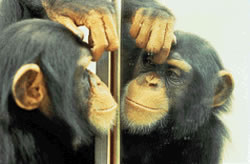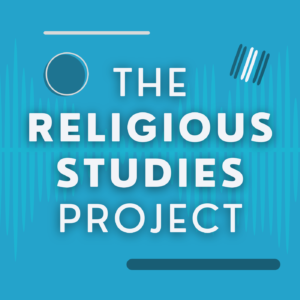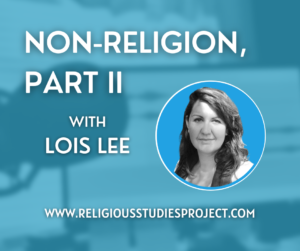
Worldviews and Ways of Life
Ann Taves joins us to discuss her work arguing that we should study religions under the broader rubric of “worldviews” and “ways of life”. This ambitious interdisciplinary project aims to place a micro-level analysis of individual worldviews into a broader evolutionary perspective.









